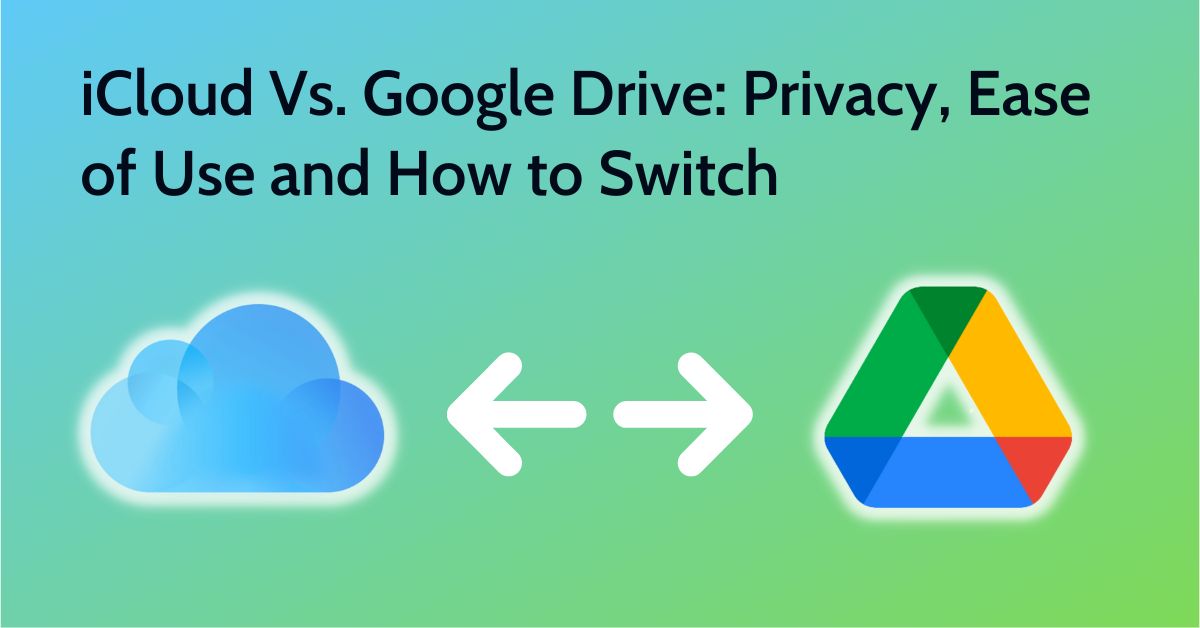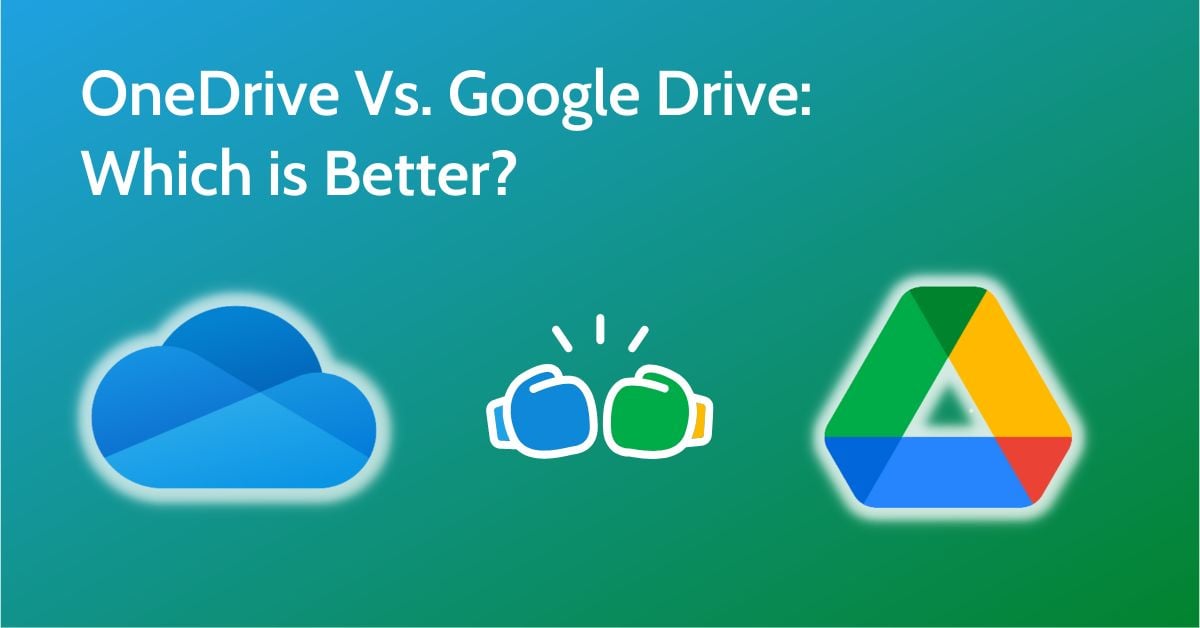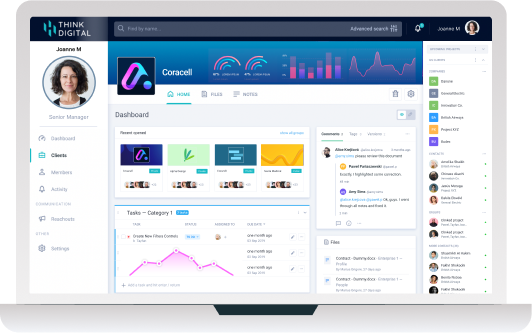What Is Enterprise Cloud Storage?
Enterprise cloud storage is a central storage area for businesses to store their information that contains data protection, management, and sharing functions through connectivity to computers.
Enterprises are known to deal with a huge amount of data from day to day, with a lot of this information being sensitive and critical to business operations. Therefore, their central storage system should be as scalable as the business itself, containing all the way up to even petabytes of storage.
This should also be possible without the need for a massive cable infrastructure or any subsystems. The enterprise cloud should also be able to support most if not all platforms and have unlimited connectivity for users.
SAN vs NAS
There are two different types of enterprise cloud storage, Storage Area Networks (SAN), and Network Attached Storage (NAS). Storage area networks are high-performance networks that are focused on storage that is separated from the company’s central user network. It combines multiple Hard Disk Drives (HDDs) or Solid State Drives (SSDs) and shares them to a number of servers so each drive can be accessed when needed.
Network attached storage allows users and their devices to have access to information and data from a central reservoir of disk storage. Each user will have direct access to the central storage of NAS, which will show up as a node that has its one IP address on their local network. This option is easy to use, is cost-effective, and has high capacities.
 There is a third option, Direct Attached Storage (DAS) which is where HDDs and/or SDDs are attached directly to one computer or server, and cannot be accessed from other devices or servers. This offers its own advantages as performance is increased because there is only one machine connected to one server. It also means that data cannot be shared between servers and pooled in a central location.
There is a third option, Direct Attached Storage (DAS) which is where HDDs and/or SDDs are attached directly to one computer or server, and cannot be accessed from other devices or servers. This offers its own advantages as performance is increased because there is only one machine connected to one server. It also means that data cannot be shared between servers and pooled in a central location.
Advancements In Enterprise Storage
Cloud Storage
Cloud storage is a well-known concept in today’s world, and it is a huge component of enterprise storage. They reduce the need for physical storage on-site for a business and also allow for systems integrators and management services. The three major providers of cloud storage are Google Cloud, Microsoft Azure, and Amazon Web Services.
Hyper-converged and converged infrastructure
Hyper-converged storage combines computing, storage, and network in a single unit. It also adds in virtualization with the storage being managed through the hypervisor. It is a form of software-defined storage, where the storage in each node is allowed to pool and give the administrators of the system more control over where the storage is provisioned in a virtual environment.
This means that hyper-converged storage has much more scalability because new modes can just be added to the infrastructure and that will give even more storage and computing resources for the administrators to utilize. Converged infrastructure bundles the typical SAN components together to create a product of a certain size before it is sold.
Container storage
Unlike previous applications, containerized applications can include thousands of individual containers, which each has separate and isolated processing modules. These containers were designed to let users develop microservice layers of applications, without needing persistent data storage.
Useful Tip: So long as container security best practices are followed, there is also less need to be constantly on edge about the extent of the protection that is provided to the data housed in this way. There will always be threats to encompass in planning and implementing such a setup, but the perks can easily tip the balance in favor of making the change.
Having an effective and efficient enterprise cloud storage system will encourage cloud collaboration between employees, give them greater flexibility, and increase the productivity of their workflow.
One of the main advantages of collaborating through the cloud is there is no need to combine multiple documents into one to send to someone, and everyone that has access to the cloud will be using the same, most updated version of the file. It also means that businesses that have more than one location, or have employees that do not work onsite, can easily share data without having to send files to various people individually. Let’s go through the five main benefits of cloud collaboration.
5 Benefits of Cloud Collaboration
Improved Organisation
When documents and files are kept in a central enterprise cloud location, employees work from the version of the file that is in the cloud, and do not have to worry about sending field to one another and updating files in the server.
Higher Participation Levels
When employees are given access to more projects (and they inherently will be when given access to the central storage location where all projects will be kept) it can lead to their interest levels and participation improving. Through collaboration in the cloud each team member will have an equal chance to give their input, which makes them feel like their voice is heard.
Improved Access To Large Files
Pretty much everyone that works with files has come across the email limits that pop up when trying to send a larger file. Email servers cannot handle files over a certain size, but enterprise cloud storage can deal with these files with ease. There is no need to send the file, just upload it to the cloud and their colleagues will be able to access, view, and even download the file if needed.
Real-Time Updates
Larger teams will be able to work on projects without having to be in the same room, building, or even country. Every edit and update to the files will be shown in real-time and will be able to be accessed by everyone straight away. There is no confusion with file versions with cloud collaboration.
Better Brainstorming
Although not one of the main things that enterprise cloud platforms are used for, they can also be used as a brainstorming forum for those sharing ideas and having conversations about a particular project. It can facilitate communication between all staff members and even professionals outside of the company that may be working on the project.
Do you have any experience using enterprise cloud storage? Do you think that it will continue to be more widely adopted by businesses? Clinked would love to hear your thoughts and opinions in the comments below!










Let Us Know What You Thought about this Post.
Put your Comment Below.